
Interview with Jan Willem de Cler, Carl Zeiss Meditec
Jan Willem de Cler is Member of the Management Board and CHRO at Carl Zeiss Meditec AG, a leading medical technology company dedicated to helping doctors improve the quality of their patients’ lives. In conversation with Alexander Mischner he shares both current challenges and ideas for the future of HR at Carl Zeiss Meditec.
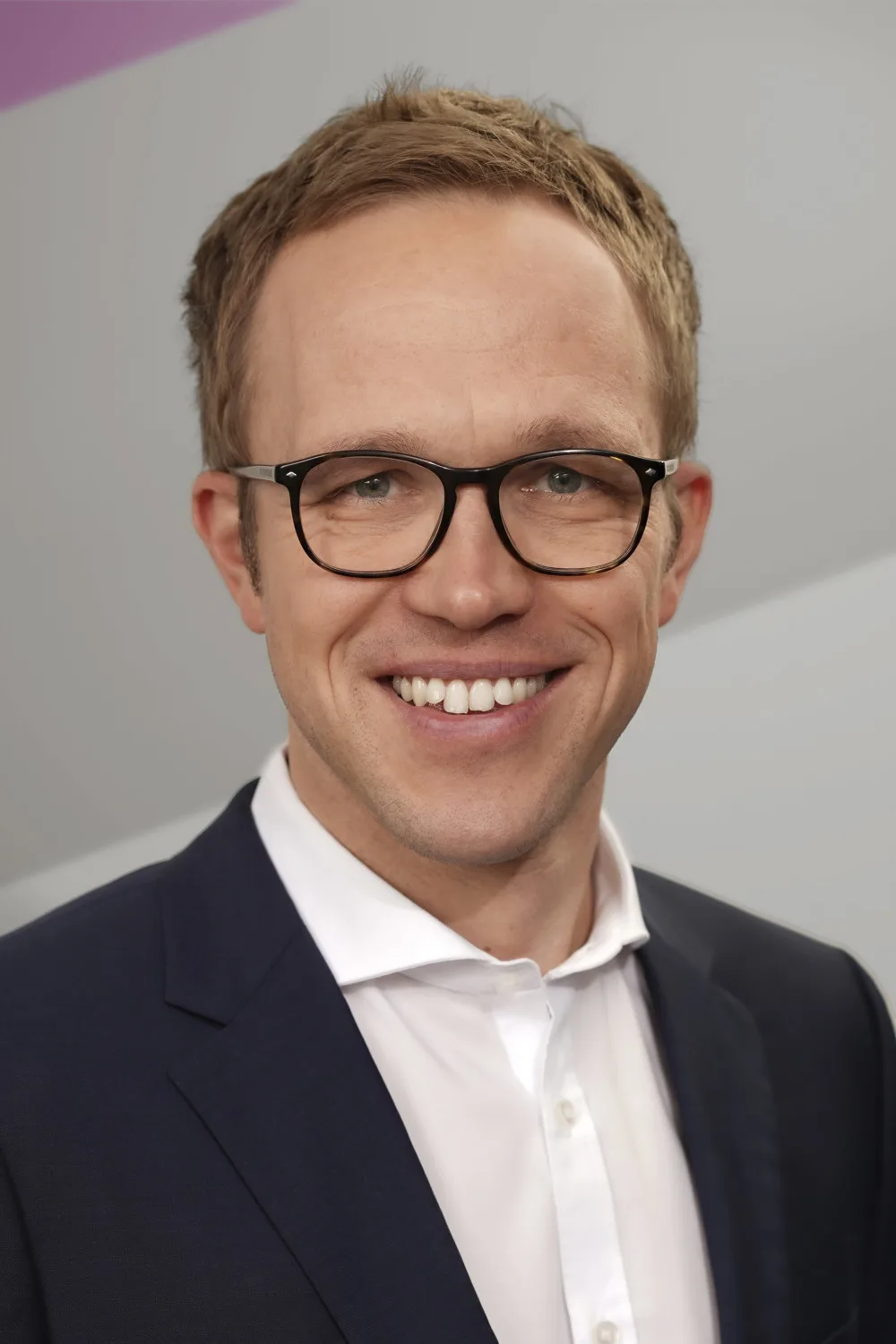
Alexander Mischner: I am really happy to be here in Berlin and to meet up in person after so many months of remote work and online meetings. Our topic will be your current HR Business challenges at Carl Zeiss Meditec AG. My first question is about you personally: You don’t have a “classic” HR-background. With your successful General Management track record you are quite an exception in the world of HR executives. What have your first 2 1/2 years as CHRO of Carl Zeiss Meditec been like and which advantages do you see for yourself in comparison with “classic” HR executives?
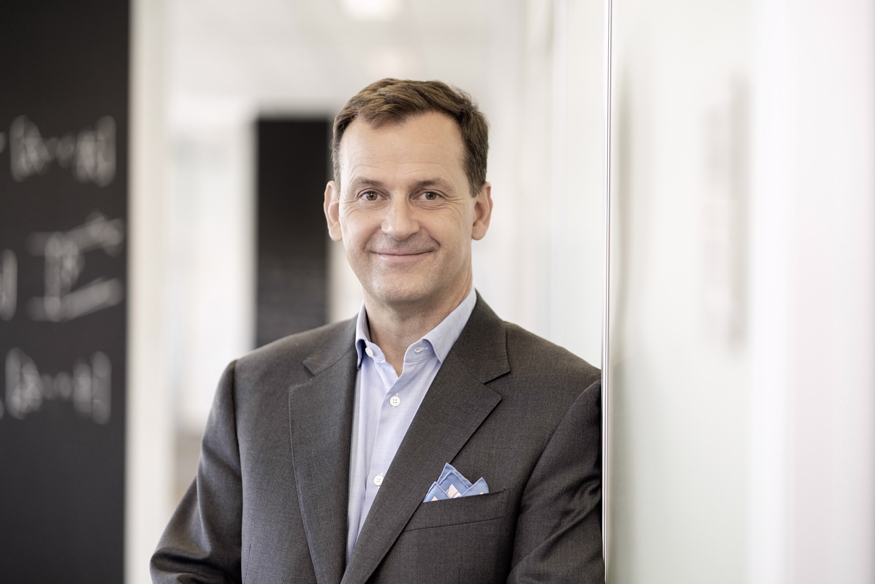
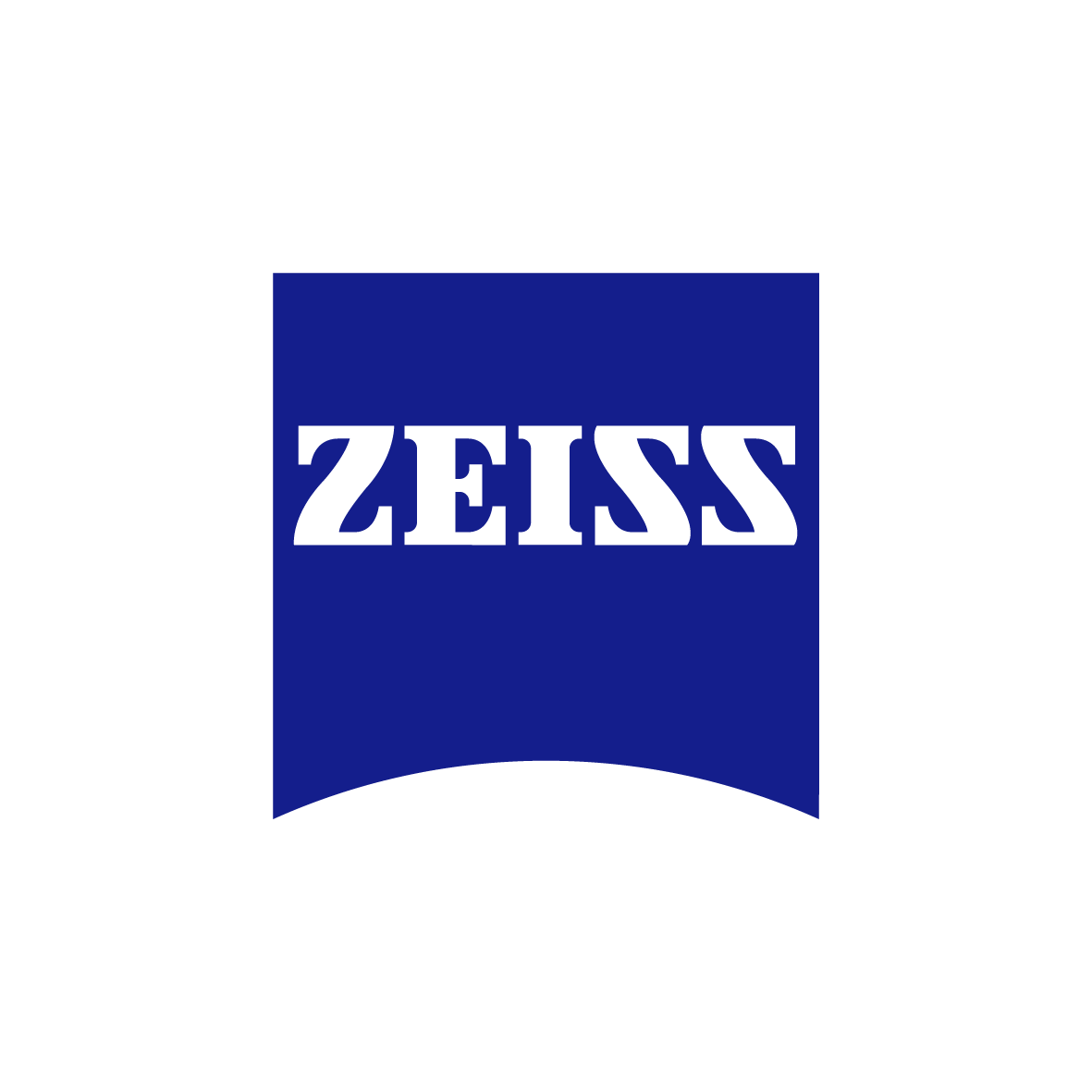
Jan Willem de Cler, Member of the Management Board and CHRO at Carl Zeiss Meditec AG
Jan Willem de Cler: It has been a lot of fun and very fulfilling. I feel that I have been in HR my whole professional life, because everything I have done was working together with people. In that way I was ‘perfectly qualified’ for the function. It helps a lot in my CHRO role that I have been in the shoes of many of our business leaders. This circumstance provides me with good insights concerning their real needs, problems and daily realities. And obviously it gives me a lot of credibility. That is very helpful if you want to implement fundamental changes and want to transform your business. Our HR organization does not issue some corporate program which has nothing to do with business realities. That makes it a lot easier.
Alexander Mischner: Because you know what people’s jobs are like? Because you have done it yourself?
Jan Willem de Cler: Exactly. From my business experience I know what really touches people and creates a better effect than just another corporate HR program or another “poster on the wall”. That is a real advantage when you need to change and you need to ask people to behave differently.
Alexander Mischner: From the outside, Carl Zeiss Meditec often appears to have a very traditional, technology-oriented and “German” culture with predominantly male physicists in leadership positions. You just have to look at the executive board of your parent company Carl Zeiss AG: Six out of six board members are male. How much truth is there to this perception? How “German”, how male, how traditional and how technology-oriented is Carl Zeiss Meditec?
Jan Willem de Cler: I have been with Carl Zeiss Meditec for 17 years. In this time, Carl Zeiss has changed tremendously. When I was approached by Zeiss 17 years ago, my first reaction was: there is no way that I am going to work for a famous, but quite “boring” German engineering company. This is not for me. I am coming from General Electric and a startup world. But when I spoke to the board, they clearly knew what they were not good at and what should be changed to make the company better.
Alexander Mischner: In the end, this circumstance convinced you?
Jan Willem de Cler: Yes. Since then the company has changed tremendously and I see the change even accelerating. We have been going on a cultural journey towards a much more people-oriented organization for more than 10 years. We are still loving technology. But when you look at Carl Zeiss Meditec today, 90 % of our business and three quarters of our employees are located outside of Germany. 23 % of our leaders are women. I myself am Dutch, so I am a foreigner in the executive board. Diverse teams allow us to develop a better connection to the needs of our customers and our patients. Still, some “German” parts of our brand image, like precision and reliability, are actually very good. But Zeiss is much more than that. We still need excellent physicists for some of the work we do, but not only. We have a large diversity of educational backgrounds nowadays and it is just a matter of time until we will also have top women in top leadership positions. I will continue very hard to increase the diversity of our teams and, as a result, also our image.
Alexander Mischner: What is your vision of a contemporary HR approach for Carl Zeiss Meditec in order to continue this path of change? Where do you see your major objectives for Carl Zeiss within the next years?
Jan Willem de Cler: Innovation is at the heart of what we do. That is something we need to continue to stimulate. In my view the role of HR is to provide both fuel and lubrication for this growth engine or innovation engine. The fuel is the people, and the lubrication is to get all these people to work very well together.
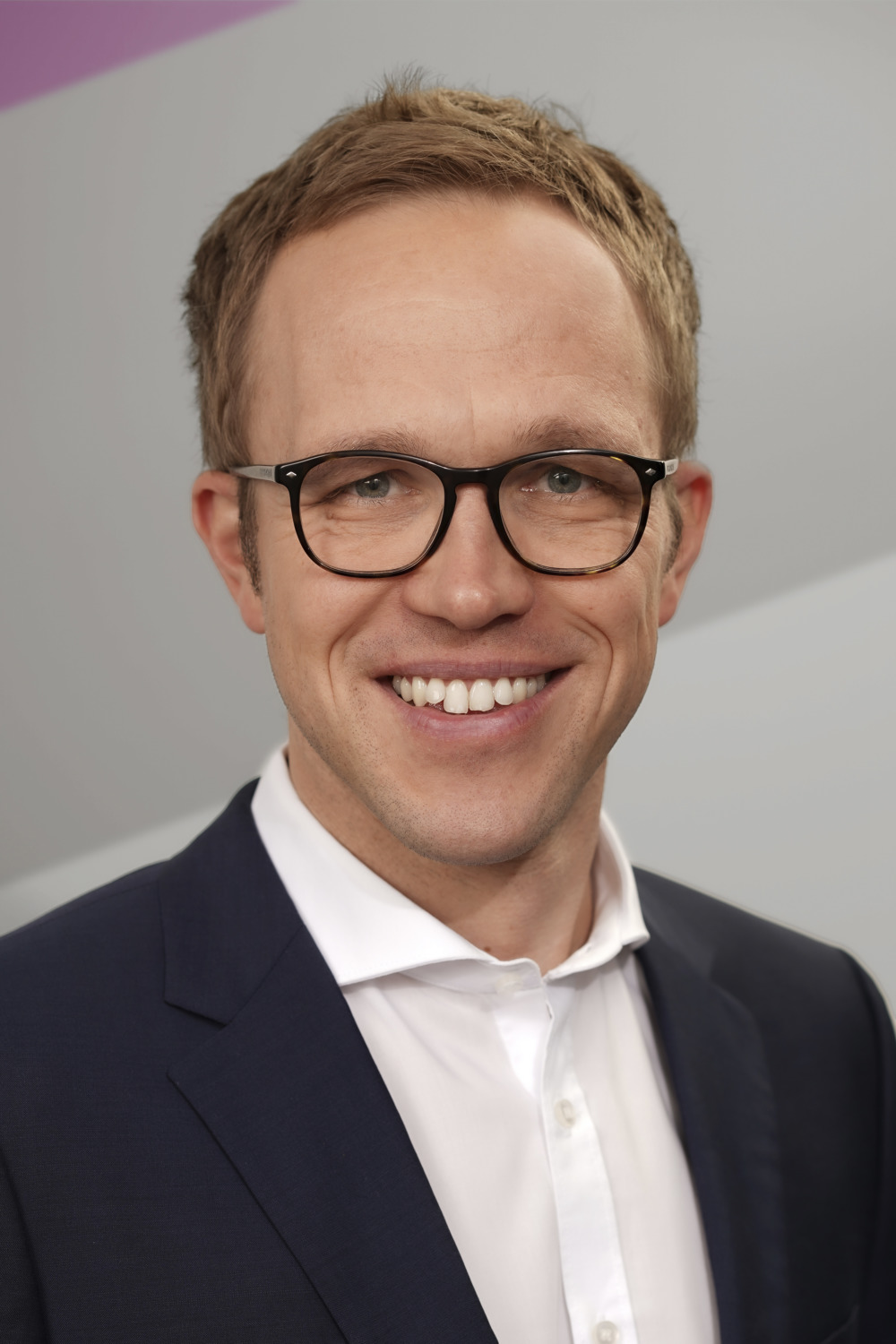
Alexander Mischner
Alexander Mischner: How do you achieve that?
Jan Willem de Cler: Of course there is some basic administrative HR work which can be supported by modern tools. This said, it is our priority to shift our attention towards organizational development, people development, things that really add a value. How do we ensure that we have an inclusive culture, in which people work together very well? Two years ago we took the decision to implement Workday. It might be just a tool, but it makes a lot of things easier.
Alexander Mischner: How exactly does it support your strategy?
Jan Willem de Cler: It creates a lot of transparency on a global level, which makes every single employee more visible. To give you an example: I need somebody who speaks Bahasa. At the moment, I have to do some research, call my colleagues or friends to see if they remember anybody who knows someone who knows Bahasa. Or I could probably find someone on LinkedIn. The reason I have to do this is because I do not have my employees’ CVs and competencies digitalized. Now we are about to have one global system that makes it a lot easier. My point is: You do need to have the basics covered if you want to do more sophisticated stuff.
Alexander Mischner: How do you make sure that your HR objectives are in line with the Carl Zeiss legacy and the traditions? How do you manage to address future needs on the one hand and respect the past of Carl Zeiss Meditec on the other hand?
Jan Willem de Cler: We are celebrating our 175th anniversary this year and the history is proudly reflected in our brand. But we all know that past performance is no guarantee for future success, especially in our fast changing environment with digitalization having more and more impact on our lives. We have a wonderful starting position: a strong brand, a strong purpose – we save lives and eyes – and we have a tremendous pool of very good employees. Now the question is: How do we fully exploit this potential? I think this is where HR can make a tremendous contribution.
Alexander Mischner: What does this contribution look like?
Jan Willem de Cler: Change is always hard. The “problem” is that we are very successful and have been for a long time. We don’t have a “burning platform”, meaning there is no obvious threat to our business model. We are growing very fast with all kinds of new exciting products and in new markets. It is extremely hard to motivate people to challenge themselves in the way they are doing things in such an environment. You have to create a sort of “mental burning platform” so that people start to change. We see this as a tremendous opportunity and it is the role of HR to stimulate this change. We need to get people out of their comfort zones and tell them: “get up”. We have developed several approaches to achieve this, which are all about exploration and starting initiatives in new areas.
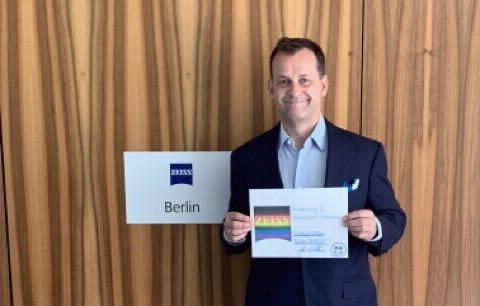
“For me diversity is to work with different people, customers, partners and employees.“
Alexander Mischner: How would you define the role of HR in this scenario, in which you have to raise awareness that change is necessary in spite of ongoing success?
Jan Willem de Cler: First of all I have to change myself, I have to be a good role model. Furthermore, you can enforce it by inserting more diversity into discussions and teams. We have started to bring together customers or team members from other areas, we mix up teams even for our key projects. That results in completely different, new discussions which in turn trigger new ideas, because conventional assumptions are challenged. HR is basically the facilitator in this process. We have set up a network of what we call “cultural ambassadors” that help us to take the full change process and tools into different teams. These are business leaders from different areas, so they come from completely different backgrounds and can thus help people to open their minds.
Alexander Mischner: You just touched upon the very important topic of diversity. Which role does diversity play in this approach?
Jan Willem de Cler: First of all we have to ask: What is the real meaning of diversity? It is combining different views in order to come to a better solution or do something in a better way. For me diversity is to work with different people, customers, partners and employees. This is why our founder Carl Zeiss, an entrepreneur, already invited a professor, Ernst Abbe, to join him, because he could not do what he wanted by himself. Thus, diversity has always played a role at Carl Zeiss. In our modern, fast-changing world, we need to emphasize it further. For example, we are driving it forward with a special mentoring program for female leaders. We have really outstanding female team members and we want to give them more visibility so that they can grow into bigger roles. But there is much more to diversity. Three quarters of our employees have an international background. So how can we integrate them more strongly and make them more visible in the headquarter? The past months have shown that with the use of digital devices you don’t necessarily have to be physically present in the headquarter to make a substantial contribution to the firm. We are actively promoting diversity in order to create the best possible products and services for our customers. In the past, products were designed in Germany and then exported. Today we have innovation centers around the world and products are developed for the whole world or perhaps for a specific segment or a specific region – but not necessarily from that region. And the willingness of our employees to participate in this endeavor is enormous.
Alexander Mischner: Working with diverse teams and facilitating cultural change also requires a new way of leadership. Which implications do you see in this context?
Jan Willem de Cler: Big ones. For me, to put it simple, the “new leader” is someone who loves people and teamwork. Of course, the person needs to possess functional or management skills. But it is really your team and people skills that matter, which include facets like emotional intelligence, empathy, trust, mindfulness, authentic leadership and embracing diversity. The world has become so fragmented and specialized that there are no more “Leonardo da Vincis” who know and can do everything. So for me it is really about getting the right people together and let the team shine instead of trying to be the “greater than life” individual leader. That is really a big change. We come from a world in which the expert becomes the CEO because he or she knows things better than everyone else. In some very specialized environments this approach might still work, but most corporate environments are so multidimensional nowadays (including the digital dimension) that there are very few people who can really say they are good at all those things. So we rather have to connect the empowered experts with each other and create “flatter” organizations to be as close to the customer as possible. This also means that the traditional hierarchical career path, in the context of which your “importance” was based on how many people report to you, will disappear. Instead, it will develop into a model, in which you may be part of two project teams today, and part of an entirely different team tomorrow.
Alexander Mischner: But the traditional view is still prevailing in many parts of the industry…
Jan Willem de Cler: …and also in the minds of many of our managers. For those who have grown up successfully in the old system, this change is indeed a big challenge. But disruptive events like the current COVID crisis really force people to think differently and accelerate a change from the traditional, more controlling model of management to a much looser and much more flexible way of working to help people realize their full potential. That requires both a very clear strategy as well as a lot of transparency about it in your team, so that people understand the direction in which they ought to go. Along this path, they are flexible enough to seize opportunities and try new things, knowing full well that not everything will work out.
Alexander Mischner: This approach causes a lot of uncertainty for old-fashioned managers…
Jan Willem de Cler: Yes, it definitely does. They ask themselves questions like: Will I still be successful or will I lose control, will things go wrong, will I be blamed? Here, HR steps in again and can really support people in changing their attitudes and beliefs. To state one thing clearly: a clear leadership structure is still needed. For me, modern leadership is not synonymous with anarchy; it is more of a “managed chaos” and definitely an answer to the need for more flexibility, more freedom and more entrepreneurship, which really make people their own bosses. When it works, this can be very satisfying, because your contributions are much more obvious than just being present from 9 to 5.
Alexander Mischner: Over the past months, the pandemic has changed a lot of things drastically, also in the workplace. The interesting question is: Will we ever return to old habits, to old ways of working together? Or will we rather develop new ways of cooperation in the future? What is your idea of post-pandemic “new work”?
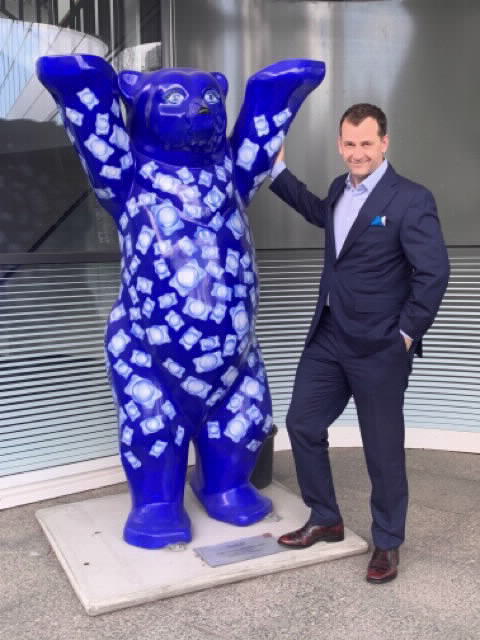
Jan Willem de Cler in Berlin
Jan Willem de Cler: First, I would like to say that the old way of working was not bad. It worked very well. But under the pressure imposed by the pandemic, we discovered a whole new world of possibilities and were surprised how well they worked. Now we are of course wondering, if we can push certain things even further. In this context, we are working on a concept called “Zeiss@work”. Its ingredients are more flexibility, hybrid working, focus on results, output over presence and the establishment of work environments that encourage cooperation, i.e. activity-based work places, where people really like to be. In meetings, we can sit together comfortably, have something to drink and can talk and brainstorm. Other people, however, need to concentrate really hard and thus need a quiet environment – some work can really be done best from home. Our new high-tech site in Jena will be in line with these new ideas. The underlying question is: ”How do we make our people as productive as possible?” So “Zeiss@work” should be flexible, because every situation is different and we should adapt to it. To give you another example: In a couple of months we switched to digital learning. We converted many of our traditional classroom courses into digital content, which was much better, much more interactive. As a positive consequence, we can reduce our CO2 foot print a little because we travel more cautiously. You can also close deals without suffering from a jetlag, having spent for days travelling for a two hour meeting. We have seen that change is possible. Now we need to keep this open mind and that rhythm going.
Alexander Mischner: How about the workers council? How open-minded are its members towards this flexibilisation?
Jan Willem de Cler: They do not limit us in this respect. It’s good to figure things out together and there is a lot of cooperativeness, because our workers council has also discovered the benefit of flexible working conditions.
Alexander Mischner: In a nutshell: How will Zeiss HR look in 10 years from now? What is your personal prognosis?
Jan Willem de Cler: My wish and hope is that the administrative HR processes are largely automated; that whenever I need something, I can easily find it by myself. The core function of HR is then fully focused on the business, and our business is people, organization and culture. HR is the big facilitator that makes the business run better – it will thus be more of a business function itself and less of a support function. In accordance with that, the HR job will change further. We will have pools of experts for labor law etc. And people development will be one of the key areas. I see that employees will also take more responsibility for their own development. We will spend more time on the questions: ”What would you like to do, which type of projects do you wish to work on, how can you contribute?”. Again, this is a much more flexible, less rigid and more spontaneous approach in order to take care of our biggest asset: our people.
Alexander Mischner: Thank you very much for sharing your challenges and ideas with me.
If you have any questions please contact Alexander Mischner
Alexander Mischner | Email: alexander.mischner@kienbaum.de | Phone: +49 211 96 59-318
